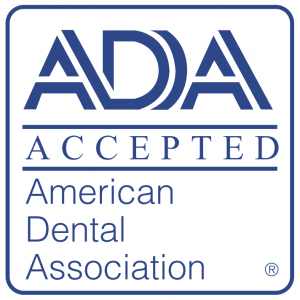480-831-8022
Chewing Gum Choices for Healthy Teeth
We all know the havoc that too many sugary treats can cause to our teeth, and that includes most of the chewing gums on the market today, but did you know that there are some chewing gums that are actually good for your teeth and can help prevent cavities?
Any time we chew on something, the saliva flow is increased in our mouths. If you chew after eating, the extra saliva can help wash away the excess food in your teeth and the acids produced by the bacteria caused by that excess food. If you’re walking around all day with those acids in your mouth, it can break down your tooth enamel, and create the necessary conditions for cavities. The extra saliva created while chewing gum also has calcium and phosphate in it, which helps strengthen your tooth enamel. Studies have shown that chewing sugarless gum for 20 minutes after meals can help prevent tooth decay. So which are the best gums to chew?
While there are several (most likely every) brands out there that tout oral health benefits, here are some key items to look for on the package:
- It’s Sugar-free There’s no two ways about this one. Any sugar in the gum you’re chewing is going to undermine the cavity-fighting effects of chewing, so the gum that’s going to help you prevent cavities must be of the sugarless variety.
- It has Xylitol. Chewing gum sweetened with 100% xylitol has been shown to reduce dental plaque. Xylitol is a naturally occurring sugar substitute found in most plants, and because the bacteria in the mouth that are causing cavities are unable to digest xylitol, their growth is greatly reduced. Also, the xylitol causes the bacteria to not stick as well to the surface of your teeth.
- It has the ADA Seal. This means that the claims the product manufacturer makes have been objectively evaluated to ensure thatthe packaging and advertising claims that are supported by science, and the product is proven to be safe and effective.
- Chewing these gums can be a nice addition to taking care of your teeth and gums, but they do not replace daily brushing and flossing habits. It’s still important to keep up a great oral hygiene practice and to see your dentist regularly.

